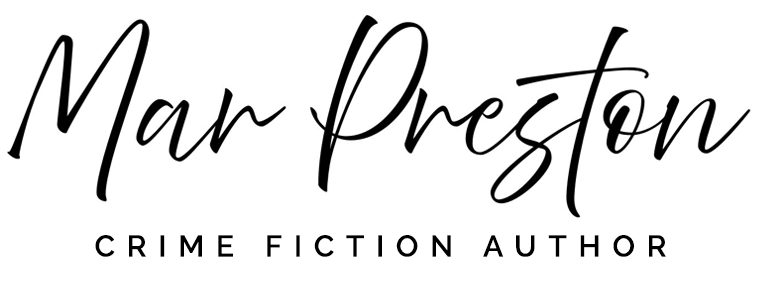I was alerted to this TED Talk 10 Ways to Have A Better Conversation by a fellow who talks too much and thought, how ironic. How unaware we are of ourselves and our impact on people. Or is it only me who thinks he talks too much?
I’m fascinated with conversational styles because many times I feel pinned to the wall by one ear because I’m a good listener. I grew up in Canada, and most Canadians are “nice,” which means we don’t start wars, and we apologize a lot. It was also beat into me not to interrupt.
I’ve come away from “conversations” wondering why someone would consider the topic of their grandchildren, their health, buying a new smartphone, or the lives of people I don’t know and will never meet, issues of interest. Short of yawning in people’s faces or just walking away, how can I convince you I’m not utterly absorbed in your experiences with Windows 10?
I would never think of relating the entire plot of my current mystery to someone in conversation. It’s probably boring to anyone other than me.
Celeste Headlee is a professional conversationalist, host of the Georgia Public Broadcasting program “On Second Thought.” She has previously been the co-host of the national morning news show The Takeaway, from Public Radio International and WNYC.
She knows how to talk to people and here are some of her rules of conversation. In a time when we are so politically polarized and reluctant to make a mis-step, I for one took these rules to heart.
The overall theme is to listen more, talk less. That’s hard sometimes as you go glassy-eyed and rigid with boredom. We’d all rather talk and be the center of attention.
But here are some:
Don’t multi-task. Don’t play Solitaire while you’re on the phone, read email, or make out your grocery list. Be present.
Conversation is not a promotional opportunity.
Don’t repeat yourself.
Don’t pontificate, even if you’re an expert in something.
Set aside your personal opinion about Trump or Bernie Sanders and listen to an opposing view. You might learn something.
Realize you don’t know everything. Even the most boring person knows something interesting that you don’t know. Be prepared to be amazed.
Ask open-ended questions.
Don’t compare your experience with theirs. Everyone’s experience is unique, especially dramatically awful experiences. You don’t exactly know how they feel.
Details are boring. It doesn’t matter the exact date something happened.
Be brief.
Please listen to this 10-minute video for the full conversation with Celeste Hadlee. It’s worth it.
By the way, I’m off to Left Coast Crime Conference in Phoenix next weekend. Can’t wait to meet up with old mystery writer pals.

I love this article, Mar, and especially take to heart your suggestion to be present when in conversation over the phone. My sister recently pointed out that she knew I was writing while we were talking over the phone. I felt bad that she had felt unimportant. Since then I’ve closed my lap top down and allowed myself to be present when on the phone. Again, great reminders in this article. Thank you!
I am guilty of this as well. That’s why I’m so aware of it. I play Spider Solitaire obsessively when I’m on the phone. (And at other times as well I must confess.)